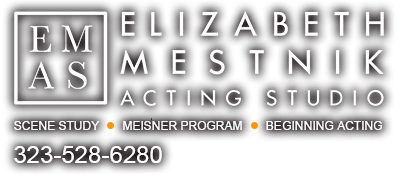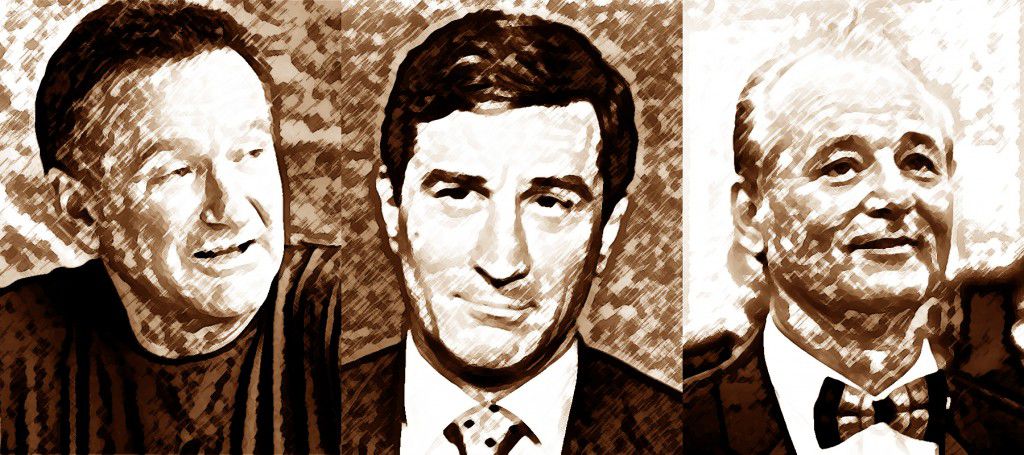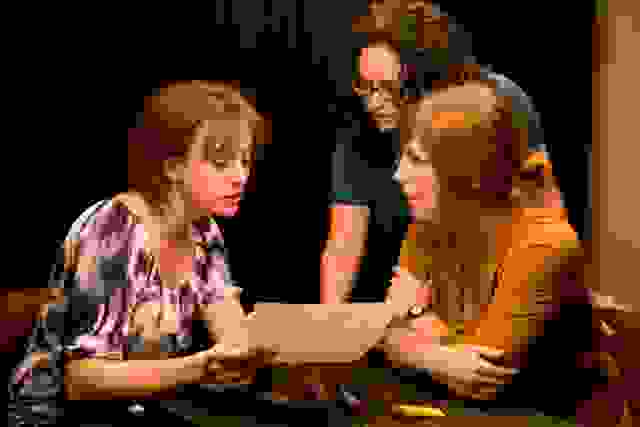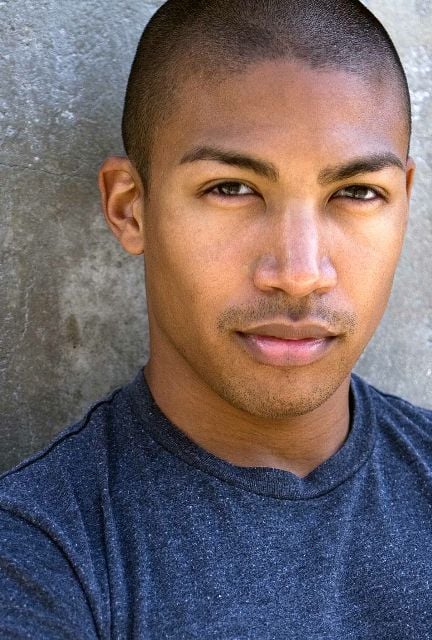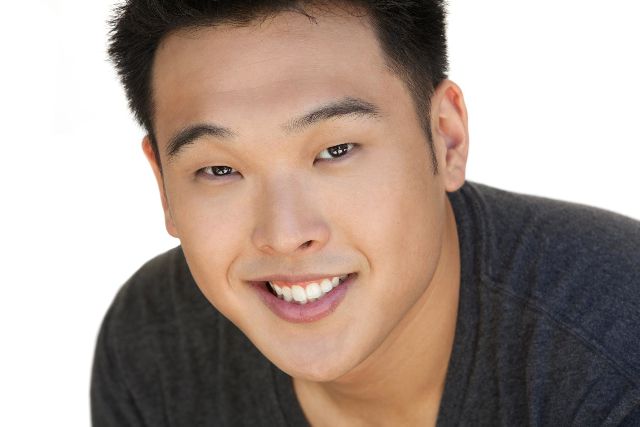IMPROV IN ACTION: THREE GREAT ACTORS WITH STRONG IMPROV ROOTS
Improvisation is all about spontaneity, and existing within the moment. You have to work from the impulse rather than planning what will happen. Put simply, improv is about listening, acceptance, and authenticity. In improv comedy, it’s easy to find great examples these days of master improvisers. Steve Carrell, Will Ferrell, Sascha Baron Cohen, Amy Poehler, and Jim Carrey have each made their careers as comedic improvisers. Entire TV series have begun from improvised scripts like “The Office” , “Workaholics” , and “Parks and Recreation.” But improv isn’t just for comedy. Some the best improv masters are highly respected for their dramatic roles, including some of the greats: Robin Williams, Bill Murray, and Robert De Niro.
Robin Williams, who attended Juilliard for acting, was performing comedy in nightclubs when he was discovered and asked to audition for what would become his breakout role as the alien called Mork, from “Mork and Mindy.” Williams is said to have improvised almost entirely on the dialogue for this character from the very beginning, leading writers to stop writing dialogue for him entirely. Williams also improvised most of his dialogue as the genie in “Aladdin” as well as an entire scene in his Academy Award winning performance in “Good Will Hunting.”
Bill Murray actually began his career in improv as a young man in Chicago’s Second City improv comedy troupe. Later on he took his comedic talents to the National Lampoon Radio in New York City, which led him to be discovered and brought on to Saturday Night Live. Most famously, he created almost all of his own dialogue in the cult classic, “Caddyshack,” including the “Cinderella Story” bit in the film. He also improvised his entire Peter Venkman character for “Ghostbusters” and an entire scene of dialogue for the movie “Tootsie.” Now Murray has been acclaimed for his dramatic work as well, showing that the honesty he found in improv has given him great range.
Robert De Niro was only 17 when he dropped out of high school and auditioned for Stella Adler’s Academy in New York. Most well known for his dramatic roles, De Niro is a fantastic example of incredible improv coupled with Meisner-style acting. The Meisner Technique is an improvisationaly based training which demands that the actor respond from their instincts rather than their intellect. He is most well known for his entirely improvised scene talking to himself in front of a mirror during “Taxi Driver.” He is also said to have improvised most of the script and dialogue ideas for “Goodfellas” with his fellow actors in rehearsal.
Improvisational skills can improve any actor as it requires the actor to respond spontaneously in character. This spontaneity is a fundamental philosophy in acting- to be so deeply in character that your thoughts and actions are fluid and authentic. Even when adhering to a script, the best actors will use the impulses they have developed in improv to keep the scene spontaneous. While improv lends itself well to comedy, a true master can utilize improvisation in all types of roles and genres.
At Elizabeth Mestnik’s Acting Studio, we strive to foster this spontaneity and engagement in our students.

